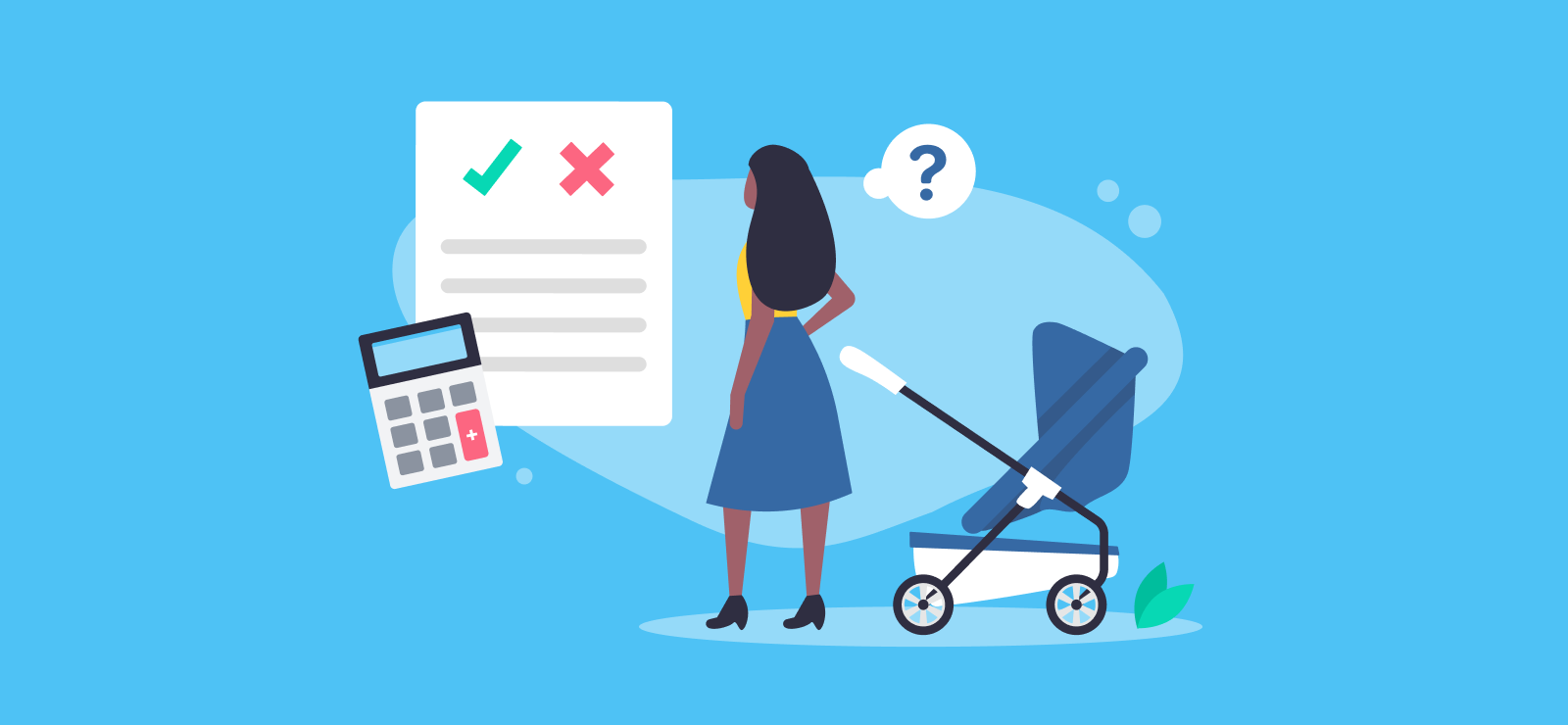

Cash Basis Accounting vs Traditional Accounting
If you’re starting up your business, then there are plenty of decisions to make. One of these is whether to use cash-basis or traditional accrual basis accounting in your bookkeeping. An accountant will advise you which is the best method for your particular business, but having an understanding doesn’t hurt!
What is traditional accrual accounting?
The accrual method of accounting, sometimes also known as traditional accounting or accrual basis, means your accounts must include every single invoice you send and receive when you work out your tax return, whether the invoice has been paid or not.
It means you’ll pay tax on the income you expect to receive from an invoice, even if the customer hasn’t paid it yet. As accountants like to joke, “it’s accrual world”.
An example of traditional accrual accounting
You invoice a customer at the end of March 2025 (the 2024/25 tax year). They don’t pay you until May 2025 (the 2025/26 tax year). The invoice is recorded in the 2024/25 tax year accounts, rather than 2025/26.
Traditional accounting requires you to keep records of all income and expenditure, such as:
- Any business assets which you purchase (stock and equipment)
- The value of stock at the end of your accounting period
- Payments to employees (wages, bonuses, benefits etc)
- Business vehicle and travel costs
- Bank or building society interest
- Declaring any other income
Traditional accounting generally suits larger businesses, but it’s worth considering – especially if you predict quick growth for your business.
What is cash basis accounting?
Unlike traditional accounting, businesses using cash basis accounting only include invoices and expenses in their tax return once they’re actually paid. This does mean you can’t claim something as an expense unless you’ve paid for it, but it also means you won’t pay tax on any invoices until your customer pays you.
You’ll need to opt out if you prefer to use a different method, or if cash basis accounting isn’t appropriate for you.
An example of cash basis accounting
You invoice a customer at the end of March 2025 (the 2024/25 tax year). They don’t pay you until May 2025 (the 2025/26 tax year). The invoice is recorded in the 2025/26 tax year accounts, rather than 2024/25.
The treatment of some items is different, depending on which type of accounting you use. For example;
- Payments for equipment are allowable expenses
- There is a maximum of £500 allowable as an expense for interest paid on cash borrowings
- You can’t offset losses against your other income
- You can’t claim capital allowances on anything except for cars.
Who can use cash basis accounting?
Cash basis accounting isn’t an option for limited companies or Limited Liability Partnerships (LLPs) but it’s generally suitable for smaller sole trader businesses with a turnover less than £150,000. You can continue using cash basis accounting as your business grows, up to a total business turnover of £300,000 per year. If you reach the threshold then you’ll need to use the traditional accrual basis of accounting on your next tax return.
Learn more about our online accounting services. Call 020 3355 4047, or get an instant online quote.
Want to learn more?
Subscribe to our newsletter to get accounting tips like this right to your inbox

Read more posts...

The Accountancy Partnership – Our Positive Reviews
16th February 2026We’re proud of our customers’ reviews here at The Accountancy Partnership The reviews we receive from our customers show how hard we…
Read More
Maternity Pay for Self-Employed People
15th February 2026As a self-employed person you might be eligible to get Maternity Allowance payments for up to 39 weeks. It’s different to Statutory…
Read More
National Insurance for the Self-Employed
14th February 2026If you work for your own self-employed business, then you may need to pay National Insurance on the profits that you earn….
Read MoreConfirm Transactions
The number of monthly transactions you have entered based on your turnover seem high. A transaction is one bookkeeping entry such as a sale, purchase, payment or receipt. Are you sure this is correct?
Please contact our sales team if you’re unsure
VAT Returns
It is unlikely you will need this service, unless you are voluntarily registered for VAT.
Are you sure this is correct?
Call us on 020 3355 4047 if you’re not sure.
MTD IT Quarterly Updates
Your final, end of year MTD Income Tax submission is included in your fee, without this add-on service.
We would recommend you submit the quarterly updates yourself using Pandle or alternative bookkeeping software.
However, if you would prefer us to submit these quarterly updates for you, there is an additional fee of £35.00 per month.
Call us on 020 3355 4047 if you’re not sure.
Bookkeeping
You will receive our bookkeeping software Pandle for free, as part of your package.
You can use this to complete your own bookkeeping, or we can provide a quote to complete your bookkeeping for you.
Please select and option below:
Call us on 020 3355 4047 if you’re not sure.

